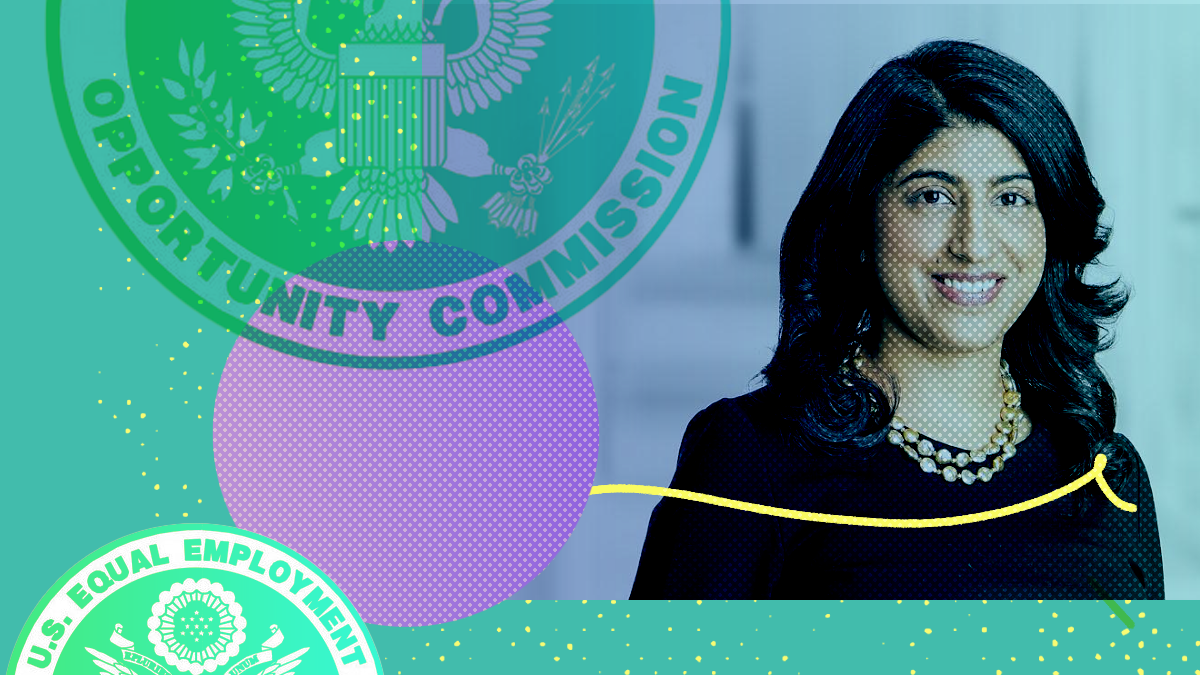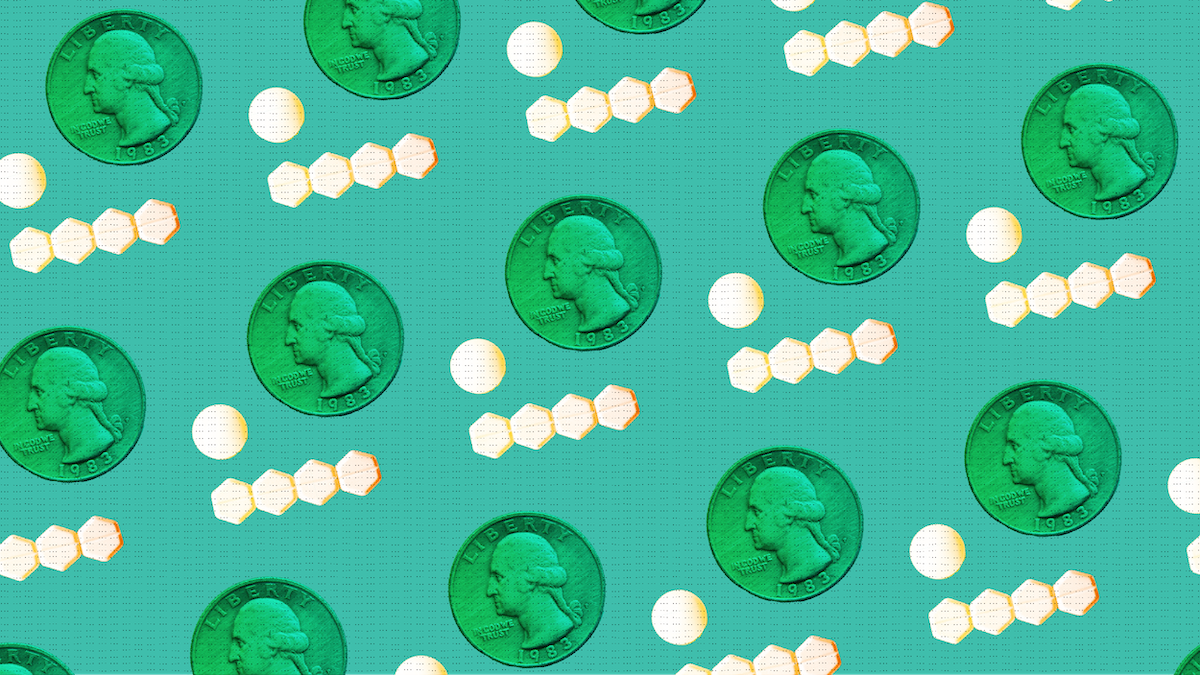How The Government Could Actually Support Working Families During a Health Crisis
Click here to learn more about coronavirus and steps you can take to protect yourself and those around you.
COVID-19 threatens to become the largest crisis of a presidency with no shortage of crises, causing a public health emergency in cities throughout the country and bringing us to the brink of recession. But after dithering to respond to the pandemic—contradicting public health experts and showing more concern for his polling numbers than the American people—Trump’s proposed policy solution is far too little, far too late.
Yesterday afternoon, the President proposed a payroll tax cut as the main tool to combat what economists and public health experts warn could be a disaster for American families. But the measure falls short of the response working people need—akin to handing Americans a fire extinguisher while defunding the fire department.
We shouldn’t be surprised. The idea that a public health crisis – and the deep hardship that is resulting – can be resolved by giving private citizens a few more dollars in their paycheck is consistent with the radical individualism that has left our economy and public institutions unprepared for this crisis in the first place. The gap between the most vulnerable among us and security during this crisis is larger than any tax cut can bridge.
Much of the public discussion about the virus has centered on what each individual can do to stop the spread—washing your hands, avoiding large crowds, and refraining from touching your face. While these are critical steps we can all take, the lack of a larger response by our government reveals the flaws of the neoliberal “bootstraps” ideology that undergirds it.
- When low-paid workers can’t access paid sick time off, they are not able to stay home and prevent the spread of the corona virus.
- When millions of our neighbors are uninsured, they are worried about the costs of seeking testing and treatment, leaving all of us more exposed.
- When women – and particularly Black and Brown women –face such dramatic racial and gender wealth gaps, they don’t have the emergency savings to weather a period of quarantine or avoid public transit to help contain the illness.
- When we slap draconian time limits on food assistance (set to begin on April 1), the workers who face corona-related layoffs will go hungry, local stores will lose business, and the economic effects will ripple throughout the economy and hurt all of us.
- When we tell immigrants through Trump’s public charge rule they may be separated from their families if they try to access food or healthcare, we scare them away from the very resources we need everyone to be turning to in order to prioritize public health.
- When the vast majority of workers who lose their jobs cannot access unemployment insurance or income assistance, the hit to the economy will ultimately cause more businesses to close and more economic pain for everyday families who subsequently lose their jobs.
While the virus is revealing the cracks in our current ideology, it is also underscoring the inverse: When we, as a society, center the needs of the most vulnerable people, ALL of us benefit. To that end, here are a few economic policies that we should be pursuing.
- Paid sick days: We should pass emergency paid sick days legislation. Senator Murray and Representative DeLauro have already introduce a bill that would provide paid sick days immediately for all workers, and also emergency relief for small businesses. The legislation would enable workers to accrue sick leave in the future so that even when the virus passes, families don’t have to choose between their health and a paycheck.
- Strengthening Unemployment Insurance: Governments and employers are beginning to take necessary steps to contain the virus and promote public health – including school and business closures, event cancellations, and travel limitations. All of these have economic consequences that will ripple throughout our economy. To help protect families and stabilize the economy, Congress should open Disaster Unemployment Assistance and strengthen our underlying unemployment insurance program.
- Halt implementation of rules designed to limit access to healthcare and nutrition assistance. The administration’s public charge rule has already discouraged immigrants from accessing any sort of public help. We are barreling toward implementation of a rule that tightens harsh time limits on the Supplemental Nutritional Assistance Program (SNAP) on April 1. The list goes on. The administration should halt implementation of these rules and publicly promote participation in SNAP, Medicaid, and other public programs that help families meet basic needs and protect the health of our economy.
- Assistance to state governments, including in the form of increased Medicaid funding: State governments must balance their budgets and at the same time are weathering increased costs associated with a public health crisis. This includes not just helping citizens, but the possibility of closing public schools and layoffs of workers who staff them. By sending significant new resources to states through an increased share of Medicaid funding and a state stabilization fund, the federal government could help states protect critical jobs and make timely investments to protect public health.
This is not an exhaustive list. We need increased funding for Medicaid and community health centers, protections against price-gouging of tests and an expected vaccine, protections for the frontline medical and care workers, protections for those in prisons and detention centers, and much, much more. That list may include some form of tax cut for low and moderate income people as one tool in a larger toolbox to promote public health and stimulate the economy. But to respond effectively, we need to start understanding the coronavirus as a public health crisis that requires public power and public investments to solve.





